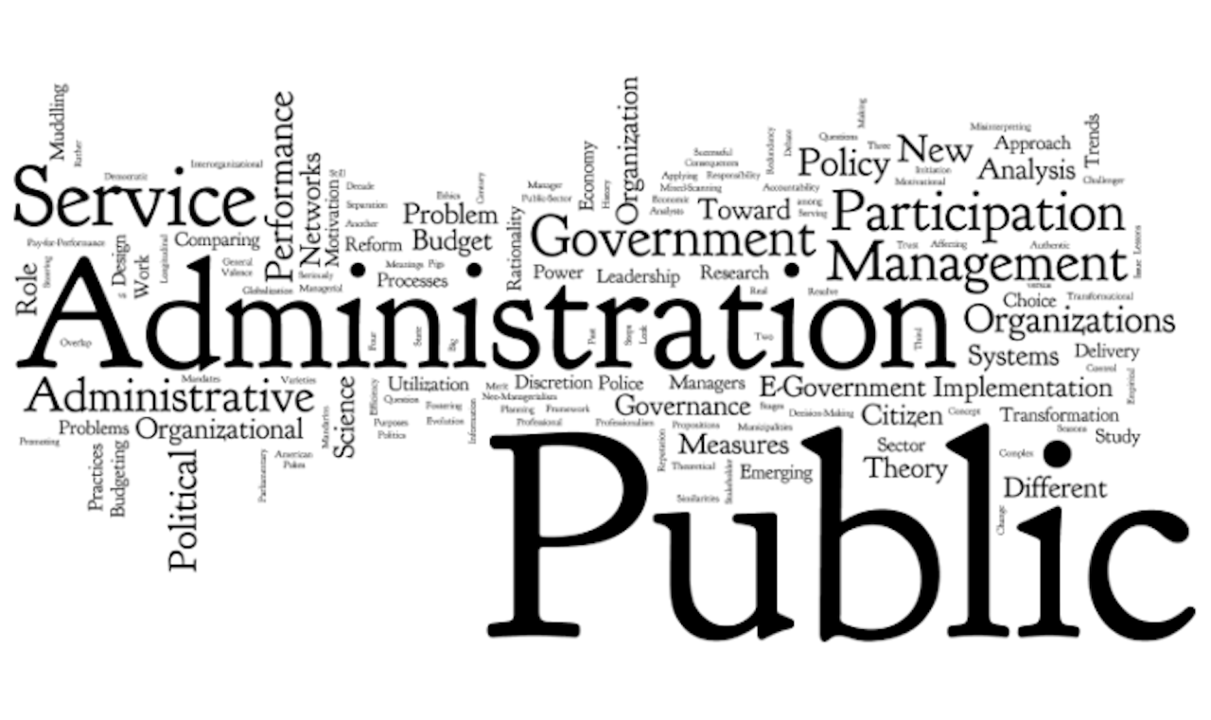
The most critical aspect of any organization is human resources (HR). It is a complex network of policies and procedures that allows an organization to increase its efficiency. This covers topics such a Performance management, Compensation and Succession planning. These issues impact the firm's performance and should be addressed in a strategic manner.
Workplace safety
Human resources functions are only as good as the environment they work in. It can improve productivity, save money, and increase the morale of employees. The HR department must take responsibility for workplace safety and make sure that employees adhere to all procedures. This will provide a safe environment for employees and employers.
The HR team and the safety team should share information about safety issues and work together in order to improve the safety of the workplace. Workplace safety laws should be a top priority for HR personnel. Any disciplinary action involving workers should involve the safety professional. For example, if an employee is terminated due to drinking or drug use, it is best for HR to assist.
Performance management
Setting expectations and managing employees' performance is part of performance management. An effective performance management system should be based on clear principles. It should collect basic information about individual performance and set up a personal development plan for each employee. The system should also include an evaluation of each employee's plans for the next position. It should recognize outstanding performers and high potential workers and provide training opportunities and development opportunities to ensure they reach their full potential.

Human resources performance management systems are a vital part of an organization's strategic plan. They allow organizations to transform their strategic goals and turn them into measurable actions. This is particularly important in today's competitive environment, where change is constant and there is great opportunity for organizations to translate strategic goals into action. A well-designed performance management system can help an organization improve its corporate image, increase its competitiveness, and increase employee satisfaction.
Compensation
Compensation for human resources is an important element of human resource management (HRM). It varies depending on the job, the skill set required, and any risk associated with it. You can get monetary and non-monetary rewards. The best compensation plans reward employees for loyalty, performance, and experience.
Managers of human resources use compensation to motivate their employees. They could offer them a salary or free daycare, or any other benefit. They may also be able to offer encouragement. It has been proven that people are more productive if they are motivated by the company's values and work hard.
Planning for succession
Succession planning refers to the identification of senior positions in the company's talent pool. This includes identifying key positions, analysing the talent pool and evaluating success metrics. Additionally, it helps identify emerging opportunities and occupational gaps that should be addressed within an organization. These strategies are then communicated to key stakeholders within the company.
A succession planning process begins with identifying the key positions, success factors, competencies, skills, and institutional knowledge needed to ensure the organization's long-term success. Next, the plan should determine who will be able and able to take over the job when it comes. Also, the succession plan should include strategies to capture knowledge from employees who have left.

HR analytics
HR analytics is a process that helps businesses measure and analyze the performance of their employees and departments. This process focuses upon identifying trends and patterns. This allows managers to make more informed decisions about the performance of their companies. This helps managers identify areas for improvement and develop strategies to improve their operations. Organizations can use HR analytics to track employee satisfaction, turnover, improve their hiring practices and retain their best performers.
A company must identify the data required for analytics to begin. There are many options for data collection and data visualization. Generally, the process is a sequential one. For informed decisions to be made, data must be gathered from multiple sources. A company may decide to collect data from its employees or to hire a data analyst consultant.
FAQ
What are management concepts?
Management concepts are the practices and principles managers use to manage people or resources. These include topics such as human resource policies and job descriptions, performance assessments, training programs and employee motivation.
What is the difference between project and program?
A program is permanent, whereas a project is temporary.
Projects usually have a goal and a deadline.
It is often performed by a team of people, who report back on someone else.
A program often has a set goals and objectives.
It is often done by one person.
Why is project management important for companies?
Project management techniques are used in order to ensure projects run smoothly, and that deadlines are met.
This is due to the fact that most businesses rely heavily upon project work in order to produce goods, and services.
Companies must manage these projects effectively and efficiently.
Companies may lose their reputation, time and money if they do not have effective project management.
How to manage employees effectively?
Managing employees effectively means ensuring that they are happy and productive.
This also involves setting clear expectations and monitoring their performance.
Managers must be clear about their goals and those of their teams in order to succeed.
They should communicate clearly to staff members. And they need to ensure that they reward good performance and discipline poor performers.
They must also keep track of the activities of their team. These include:
-
What did you accomplish?
-
How much work did you put in?
-
Who did it, anyway?
-
When it was done?
-
Why was it done?
This information can help you monitor your performance and to evaluate your results.
How can we create a culture of success in our company?
A positive company culture creates a sense of belonging and respect in its people.
It's founded on three principal principles:
-
Everybody has something to offer.
-
People are treated fairly
-
It is possible to have mutual respect between groups and individuals
These values are evident in the way that people act. They will treat others with kindness and consideration.
They will be respectful of the opinions of other people.
And they will encourage others to share ideas and feelings.
The company culture promotes collaboration and open communication.
People feel comfortable expressing their opinions freely without fear of reprisal.
They know that they will not be judged if they make mistakes, as long as the matter is dealt with honestly.
Finally, the company culture encourages honesty as well as integrity.
Everyone knows that they must always tell truth.
Everyone understands there are rules that they must follow.
People don't expect special treatment or favors.
How does a manager develop his/her management skills?
You can improve your management skills by practicing them at all times.
Managers should monitor the performance and progress of their subordinates.
It is important to take immediate action if your subordinate doesn't perform as expected.
You should be able pinpoint what needs to improve and how to fix it.
Statistics
- 100% of the courses are offered online, and no campus visits are required — a big time-saver for you. (online.uc.edu)
- The average salary for financial advisors in 2021 is around $60,000 per year, with the top 10% of the profession making more than $111,000 per year. (wgu.edu)
- The BLS says that financial services jobs like banking are expected to grow 4% by 2030, about as fast as the national average. (wgu.edu)
- Your choice in Step 5 may very likely be the same or similar to the alternative you placed at the top of your list at the end of Step 4. (umassd.edu)
- UpCounsel accepts only the top 5 percent of lawyers on its site. (upcounsel.com)
External Links
How To
How do I do the Kaizen Method?
Kaizen means continuous improvement. This term was first used by Toyota Motor Corporation in the 1950s. It refers to the Japanese philosophy that emphasizes continuous improvement through small incremental changes. It's a process where people work together to improve their processes continuously.
Kaizen is one of the most effective methods used in Lean Manufacturing. Kaizen is a concept where employees in charge of the production line are required to spot problems during the manufacturing process before they become major issues. This improves the quality of products, while reducing the cost.
The main idea behind kaizen is to make every worker aware of what happens around him/her. It is important to correct any problems immediately if they are discovered. If someone is aware of a problem at work, he/she should inform his/her manager immediately.
When doing kaizen, there are some principles we must follow. We always start from the end product and move toward the beginning. We can improve the factory by first fixing the machines that make it. First, we fix machines that produce components. Next, we fix machines that produce raw material. Finally, we repair the workers who are directly involved with these machines.
This method is known as kaizen because it focuses upon improving every aspect of the process step by step. Once we have finished fixing the factory, we return to the beginning and work until perfection.
It is important to understand how to measure the effectiveness and implementation of kaizen in your company. There are many ways to tell if kaizen is effective. Another way to determine if kaizen is working well is to look at the quality of the products. Another way is to check how much productivity has grown since kaizen was implemented.
Another way to know whether kaizen is working is to ask yourself why did you decide to implement kaizen. Is it because the law required it or because you want to save money. Did you really believe that it would be a success factor?
Congratulations! You are ready to start kaizen.